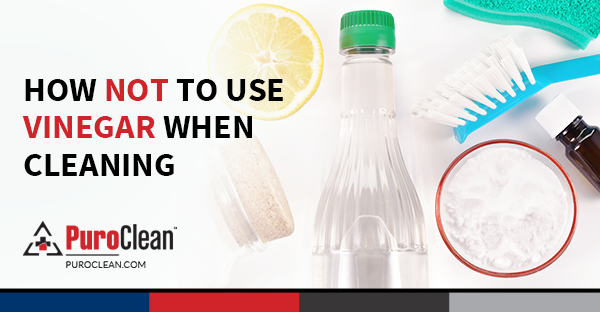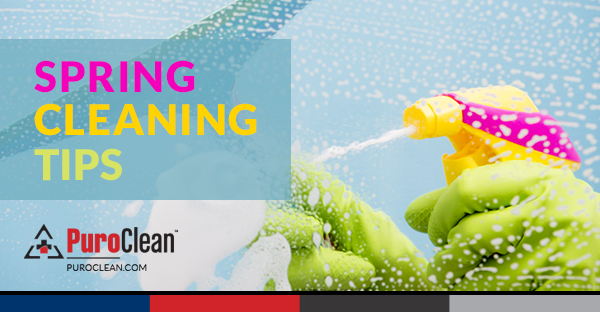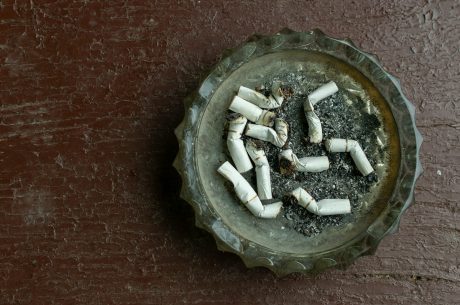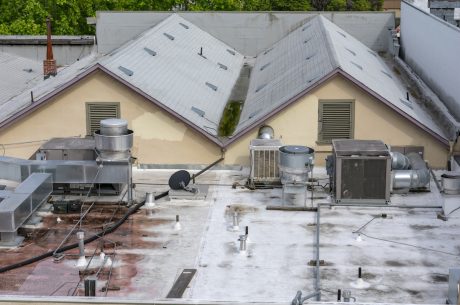 While household vinegar has countless applications in home cleaning, using this versatile substance is not appropriate in many different situations. Because vinegar is acidic, it can corrode wood and stone, it can destroy wax, kill plants, and cause other damage. Here is a list of surfaces which should not be treated with vinegar:
While household vinegar has countless applications in home cleaning, using this versatile substance is not appropriate in many different situations. Because vinegar is acidic, it can corrode wood and stone, it can destroy wax, kill plants, and cause other damage. Here is a list of surfaces which should not be treated with vinegar:
- Hardwood floors – due to its acidic nature, vinegar can damage hardwood floor finishes, causing them to look dingy. Use either a cleaner specifically made for hardwood floors or a mix of soap and water. Tips to protect hardwood floors from water damage are available here.
- Grease stains – the acidic properties of vinegar won’t help you remove grease from any surface. If you want to clean greasy spots, use a regular dishwashing detergent or another alkaline cleaner.
- Waxed surfaces – vinegar dissolves the wax, and should not be used to clean waxed furniture. However, vinegar is a reliable option if you want to remove an old coat of wax from a surface. Use a wax cleaning solvent instead.
- Granite or marble stoneware – stone can pit and corrode when it comes in contact with vinegar. Thus, vinegar should never be used to clean stone. A mix of mild dish detergent and warm water ought to do the trick.
- Sensitive electronic surfaces – most laptops, smartphones, tablet screens, televisions, etc., have a layer of oleophobic coating that gets damaged if you spray vinegar on them.
- Bug-infested plants – although you can use vinegar as a weed killer, spraying it on bug-infested plants will most likely damage the plants, and could even kill them.
- Egg spills – when vinegar mixes with the proteins in the egg, its acidity will cause the egg spill to coagulate, resulting in a gluey substance that’s difficult to remove.
Warning: never mix vinegar with bleach. Both of these substances are powerful cleaning agents, but combining them will result in chlorine gas which can damage your health.
Baking soda is also commonly used in home cleaning. Here you can find the 10 best ways to clean with baking soda. More green cleaning tips for your home can be found here. For professional fire, water and mold restoration services, contact your local PuroClean office.






 PuroClean of Mineola
PuroClean of Mineola